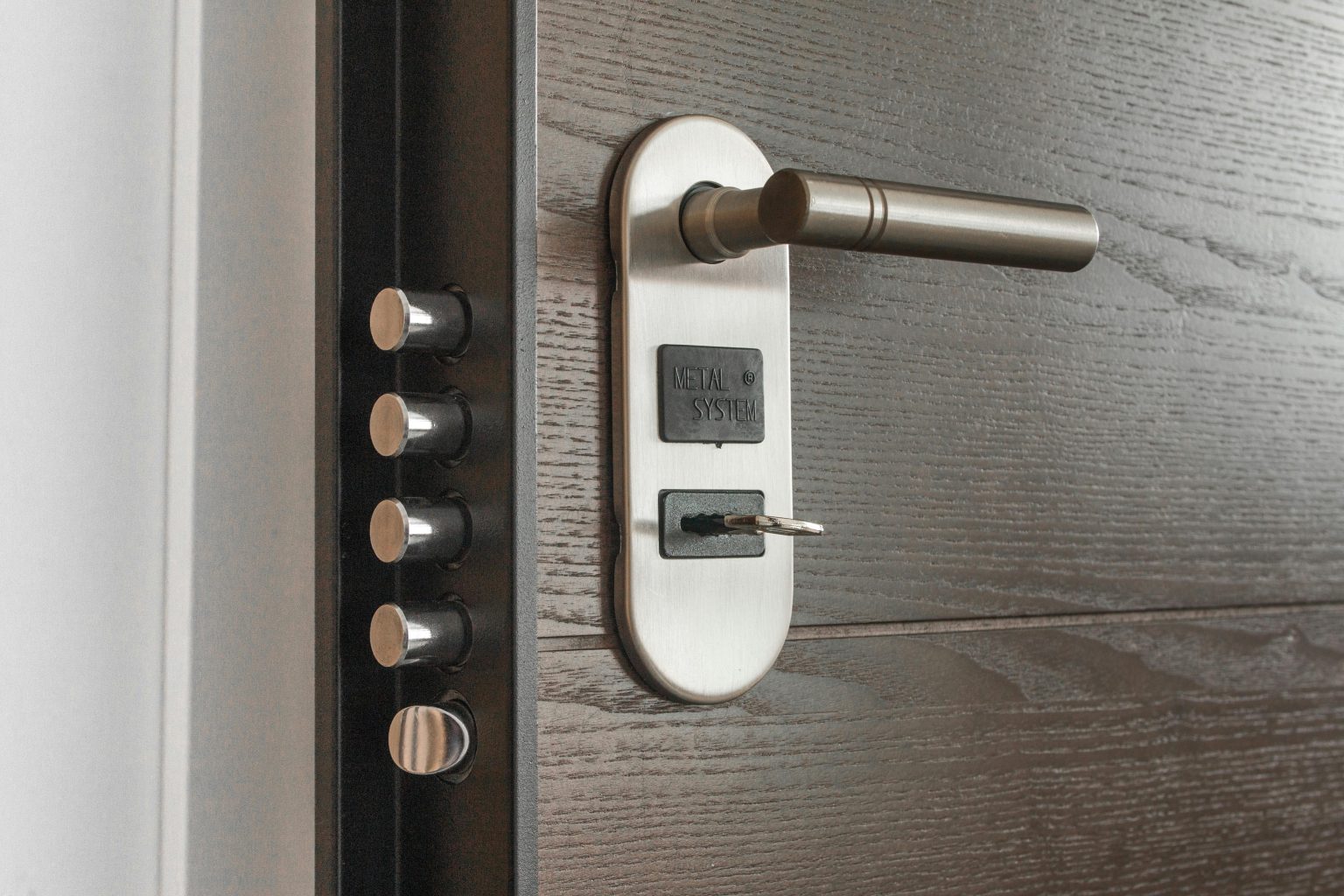What Are Home Security Systems?
Home security systems are designed to protect homes and occupants from potential threats, such as burglary, fire, and other emergencies. At their core, these systems comprise alarms, sensors, and cameras, all working together to monitor and safeguard a property.
Key attributes of modern home security systems include:
- Alarms that alert homeowners and authorities to breaches.
- Sensors, such as motion detectors and door/window contacts, for real-time threat detection.
- Cameras that provide surveillance and evidence.
By providing around-the-clock monitoring, these systems enhance safety and peace of mind for homeowners, offering an essential layer of protection against threats.
Key Features of Modern Home Security Systems
Recent advancements have transformed traditional setups into sophisticated solutions. Key features of today’s home security systems include:
- Remote Monitoring: Control and monitor your system through smartphone apps.
- Smart Integration: Seamless compatibility with smart home devices like voice assistants.
- Wireless Functionality: Eliminating the need for invasive wiring and enabling easier installation.
Additionally, users can choose between DIY installation, which reduces costs, or professional installation for a seamless setup. These features make modern systems more accessible to all homeowners.
Pros and Cons of Home Security Systems
Advantages
Home security systems provide numerous benefits:
- Crime Deterrence: Visible cameras and alarms reduce the likelihood of break-ins.
- Peace of Mind: Immediate alerts ensure homeowners stay informed about potential threats.
- Cost Savings: Many insurers offer discounts for homes equipped with security systems.
- Customisation: Systems can be tailored to meet specific needs, from large properties to apartments.
Explore home security services for a range of options suited to various budgets.
Drawbacks
While beneficial, there are potential downsides:
- Costs: Initial setup and subscription fees can be significant.
- Privacy Concerns: Monitoring features may raise privacy questions.
- False Alarms: Technical glitches or environmental factors can trigger unnecessary alerts.
Common Myths About Home Security Systems
Myth: They’re Too Expensive
Many assume security systems are unaffordable. However, options now range from basic DIY setups to advanced packages. DIY systems are especially budget-friendly and lack long-term contracts.
Myth: They’re Difficult to Use
Modern systems prioritise user-friendliness. App-based controls allow easy management of alarms and cameras, while dedicated customer support ensures troubleshooting is straightforward.
For more misconceptions, read about home security myths.
Who Should Invest in a Home Security System?
Home security systems benefit a variety of users, including:
- Homeowners: Ideal for those living in high-risk or urban areas.
- Renters: Portable wireless options suit tenants.
- Families: Comprehensive systems provide additional safety for loved ones.
Notably, 1 in 2 UK households (56%) do not have a burglar alarm installed at their property, leaving many homes vulnerable. Assess your needs to determine if a system is worthwhile.
Tips for Choosing the Right Home Security System
Assess Your Needs
Evaluate your home’s size, location, and specific vulnerabilities. For example, families with pets can benefit from pet-friendly sensors to avoid false alarms.
Compare Options
Consider features, warranties, and pricing plans. User reviews and professional recommendations can be invaluable in narrowing your choices.
Consider Future-Proof Features
Opt for systems that offer scalability, allowing smart home integration and compatibility with new technologies through software updates.
